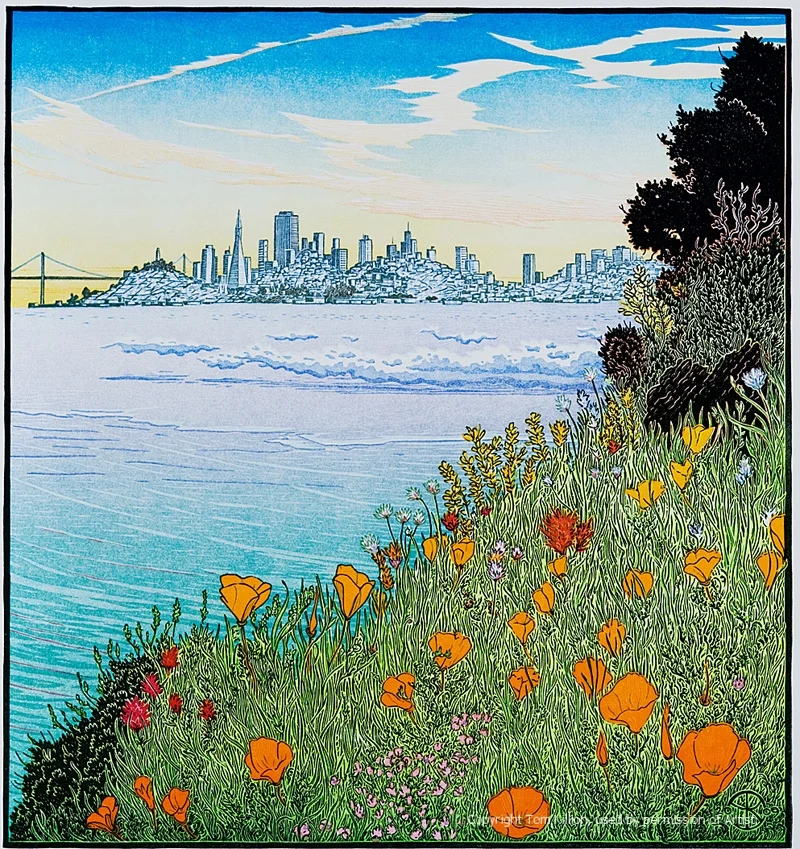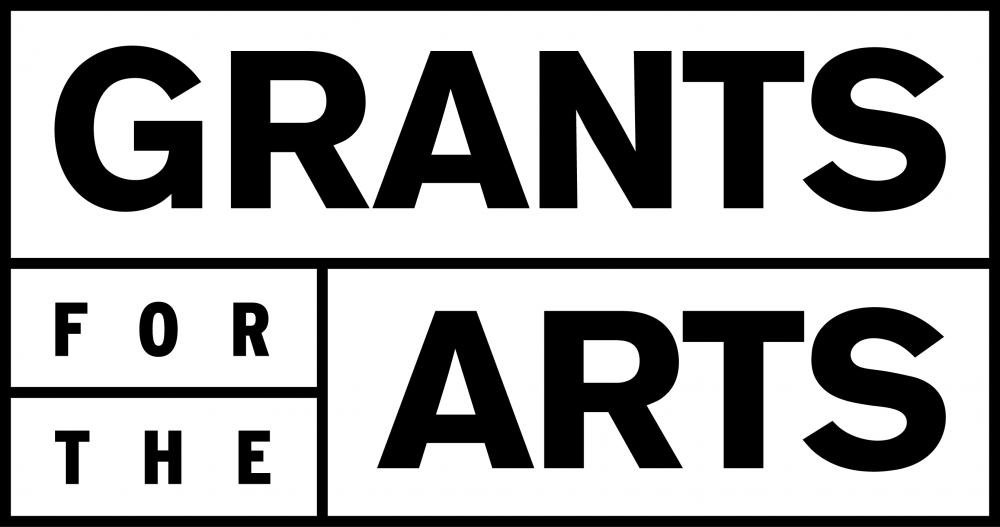Welcome, Bay Area Polish Cultural Clubs!
A Garland for Weinberg
We look forward to seeing you for our season opener!
As a special offer, use the following coupon code to receive 25% off your order for the first concert of the season, on either Oct 8 or 9 (expires October 7): POLISH25.
Mieczysław Weinberg Sonata for Clarinet and Piano Op. 28
Mieczysław Weinberg Sonata for Solo Cello No. 4, Op. 140
Julie Herndon A Tribute to Weinberg WORLD PREMIERE
Stephen Blumberg A Tribute to Weinberg WORLD PREMIERE
Krzysztof Penderecki Leaves of an Unwritten Diary for String Quartet and Double Bass
“The delicate purity of his music points to an indestructible human substance.”
We celebrate the distinctive Polish composer Mieczysław Weinberg with a performance of his Clarinet Sonata and new works written in tribute to this neglected musician.
Doors open an hour before concerts. Open seating.
Videos of Left Coast performances
SAN FRANCISCO
SF Conservatory of Music
50 Oak Street, San Francisco [directions]
Monday, October 9, 2017 7:30 PM
BERKELEY
Berkeley Hillside Club
2286 Cedar St, Berkeley [directions]
Sunday, October 8, 2017 7:30 PM
(program notes by Scott Foglesong)
Mieczysław Weinberg (1919–1996)
Sonata for Clarinet and Piano, Op. 28 (1945)
Mieczysław Weinberg escaped personal catastrophe three times during his life: when he fled to Belarus just before the Nazis invaded his native Poland in 1939, when they subsequently invaded Belarus in 1941, and finally—by the narrowest of margins—when Joseph Stalin died on March 5, 1953. Had the Soviet dictator lived just a while longer, the unjustly imprisoned Weinberg—his wife’s uncle had been labeled an enemy of the people—might have been executed. But Dmitri Shostakovich interceded, Stalin passed into history, and an officially rehabilitated Weinberg outlived the Soviet Union itself.
Even with Shostakovich’s tireless support, Weinberg never achieved the renown that his indubitably protean gifts warranted. Condemned for modernist leanings in the notorious 1948 resolution that attacked Shostakovich, Prokofiev, and Myaskovsky, he remained a prolific—if underperformed—composer. His catalog eventually included 27 symphonies, 7 operas, 17 string quartets, and a bevy of other works, among which we find a sole Clarinet Sonata, written at the close of World War II.
Given the sonata’s place, time, and composer, listeners might reasonably expect something dark, turbulent, perhaps even shot through with despair. However, the Weinberg Clarinet Sonata is surprisingly equanimous, lyrical, and sometimes even folk-like. That isn’t to say that it lacks drama; big Romantic gestures are definitely to be found, although more as contrasts within the work’s overall melodiousness. Shostakovich’s stylistic influence is pervasive; other echoes include Prokofiev, Bartók, and even Schubert in the lilting opening of the second movement. The finale—an introverted Adagio instead of the usual virtuoso sendoff—channels the spirit of Tchaikovsky in its shifting moods and alternations of major and minor tonality, via a modestly dissonant harmonic language that could be from no era other than the mid-20th century.
Image credit: Copyright Tom Killion, used by permission of Artist. Tom Killion is a print artist and native of the left coast. He creates stunning woodblock prints of the California coast and much more. The banner image is a detail of "The City from Yellow Bluff".










